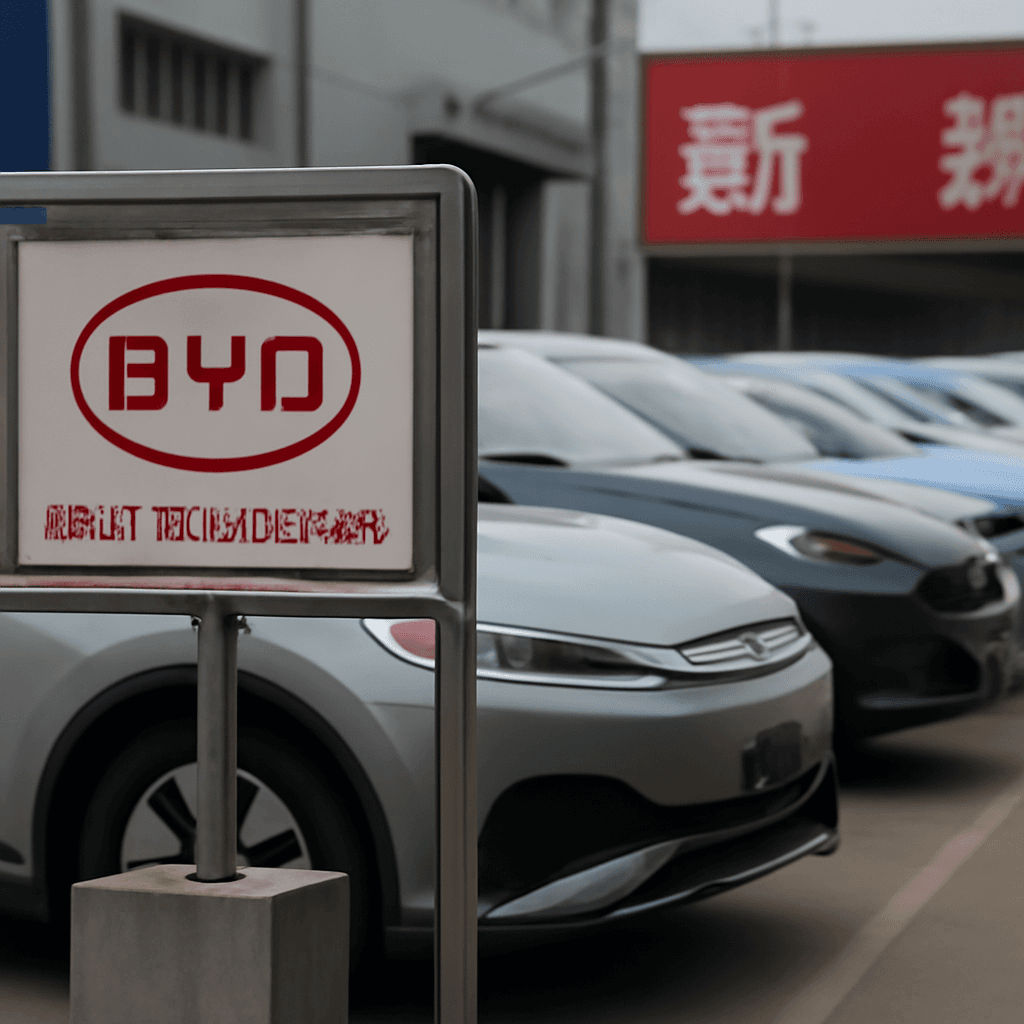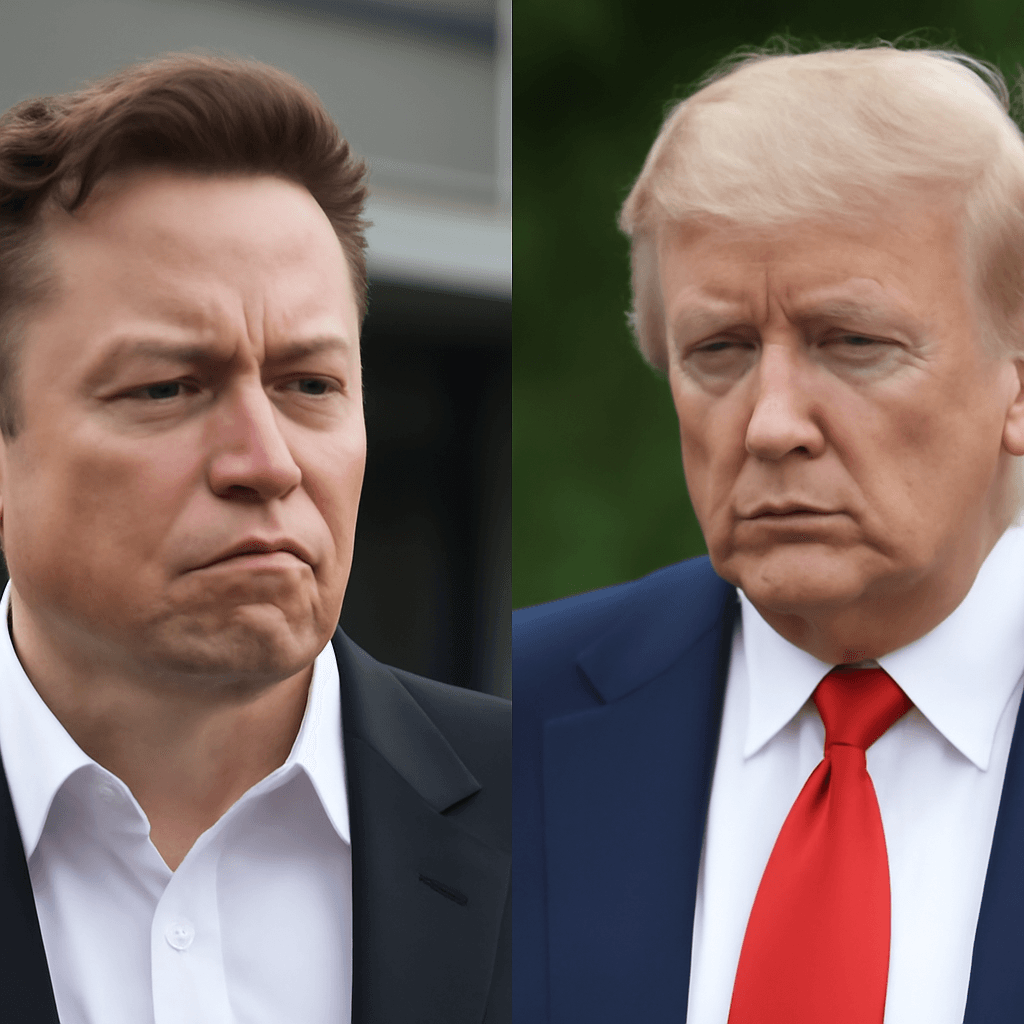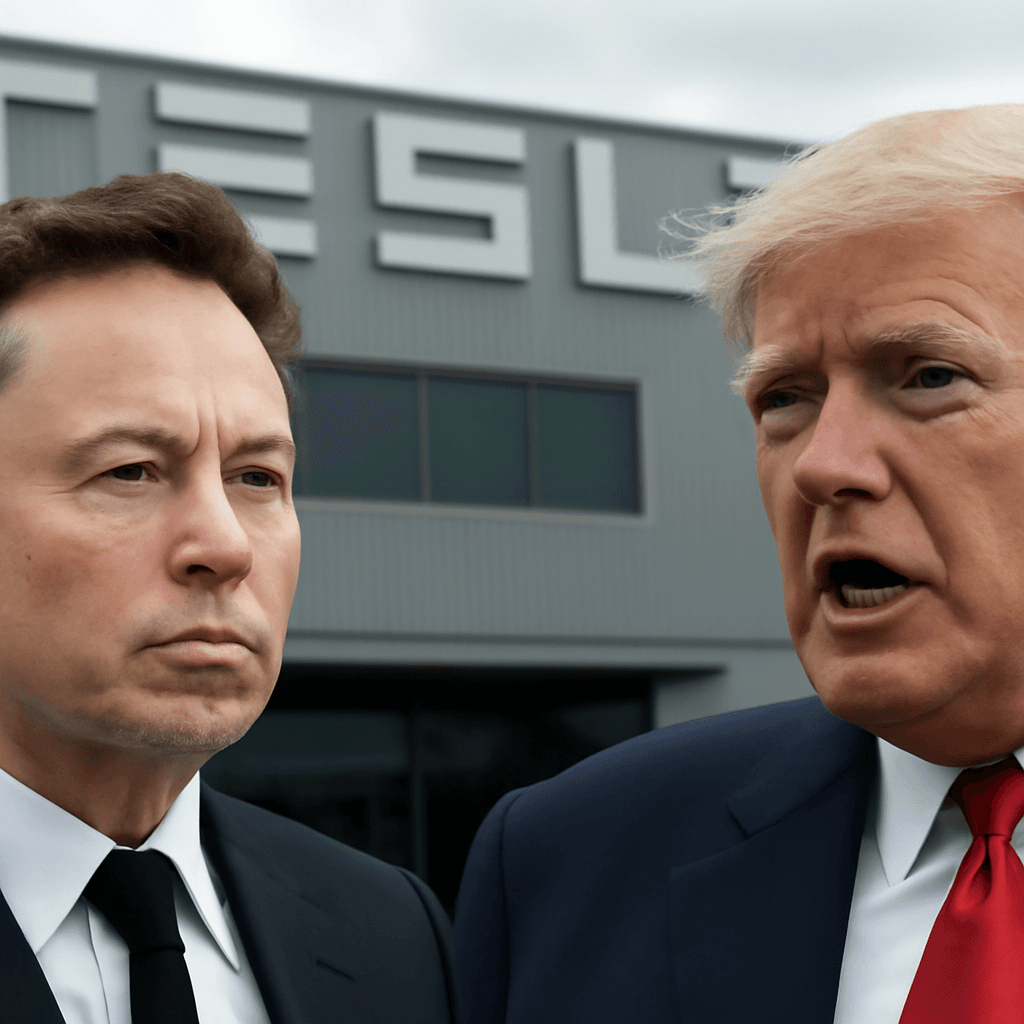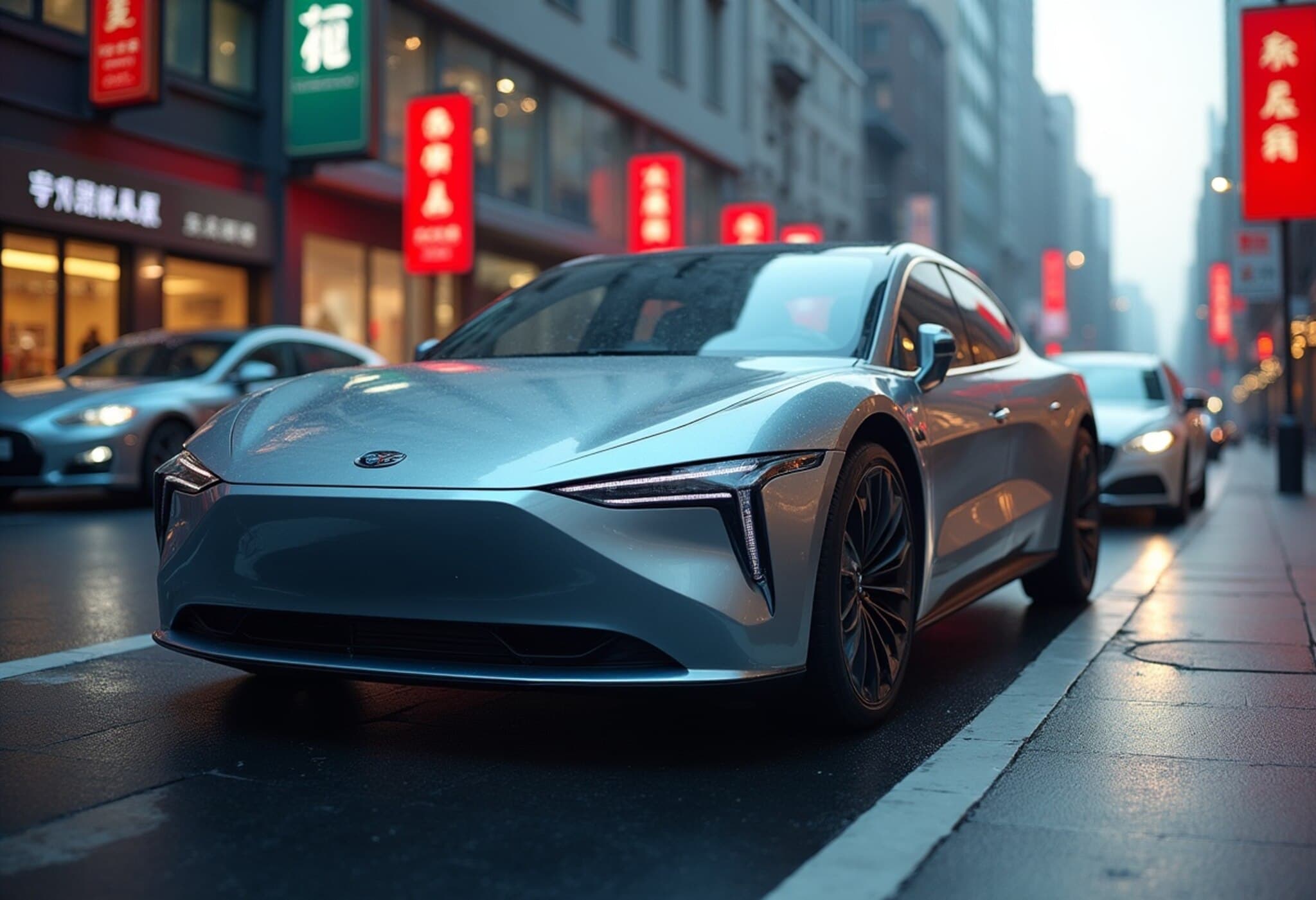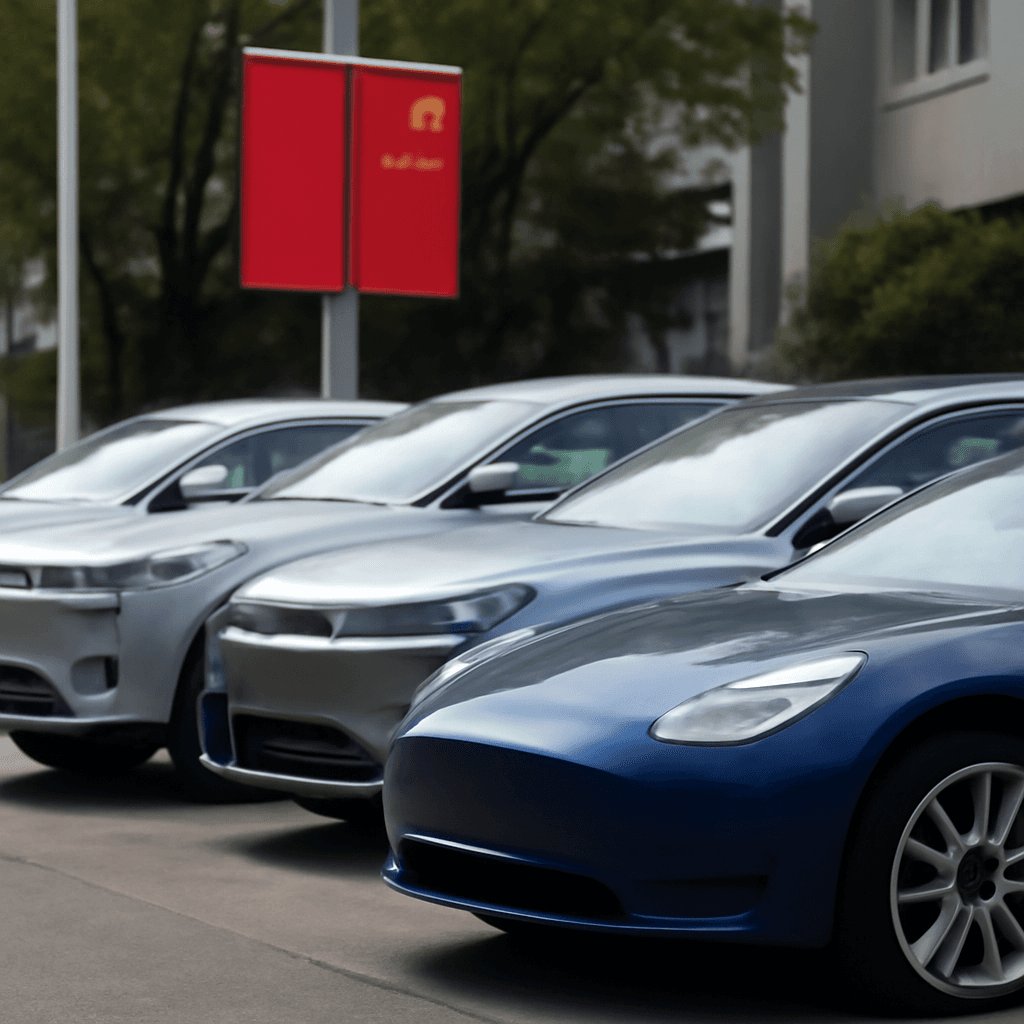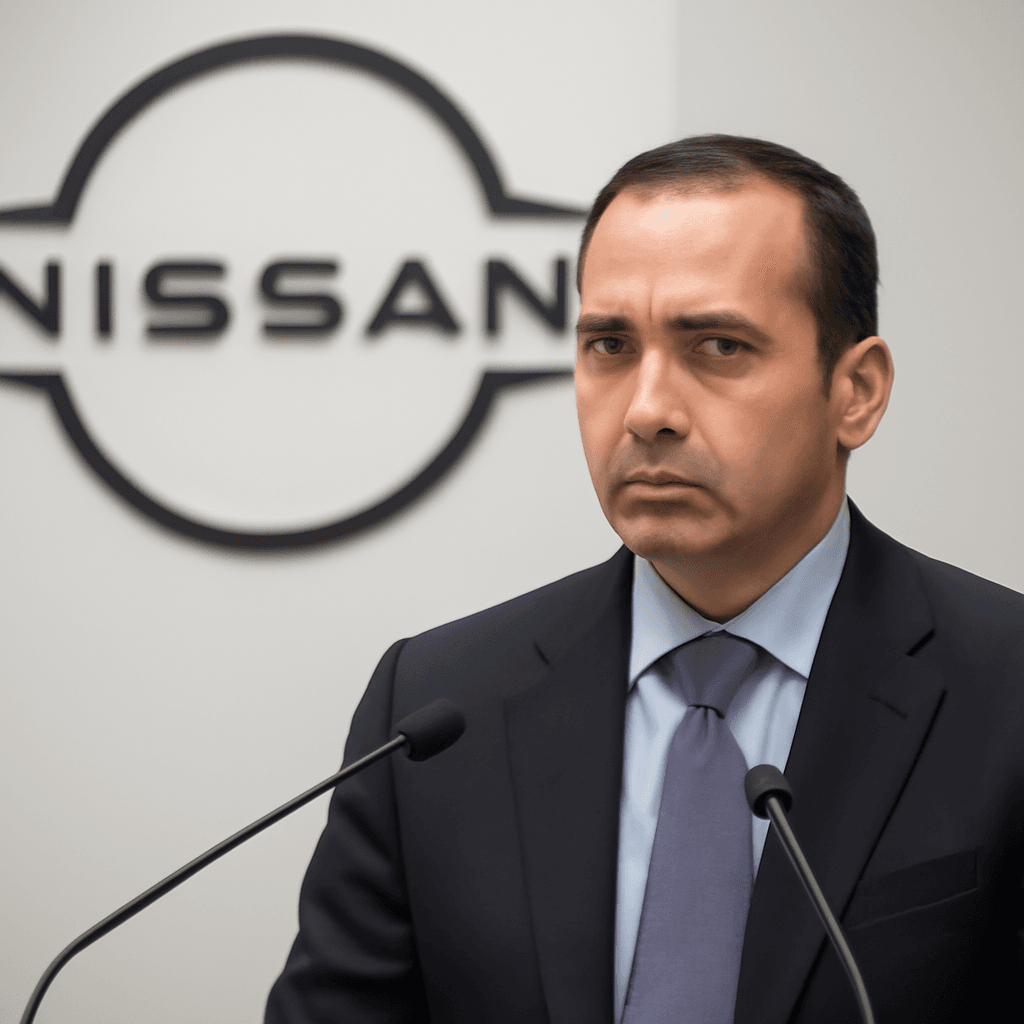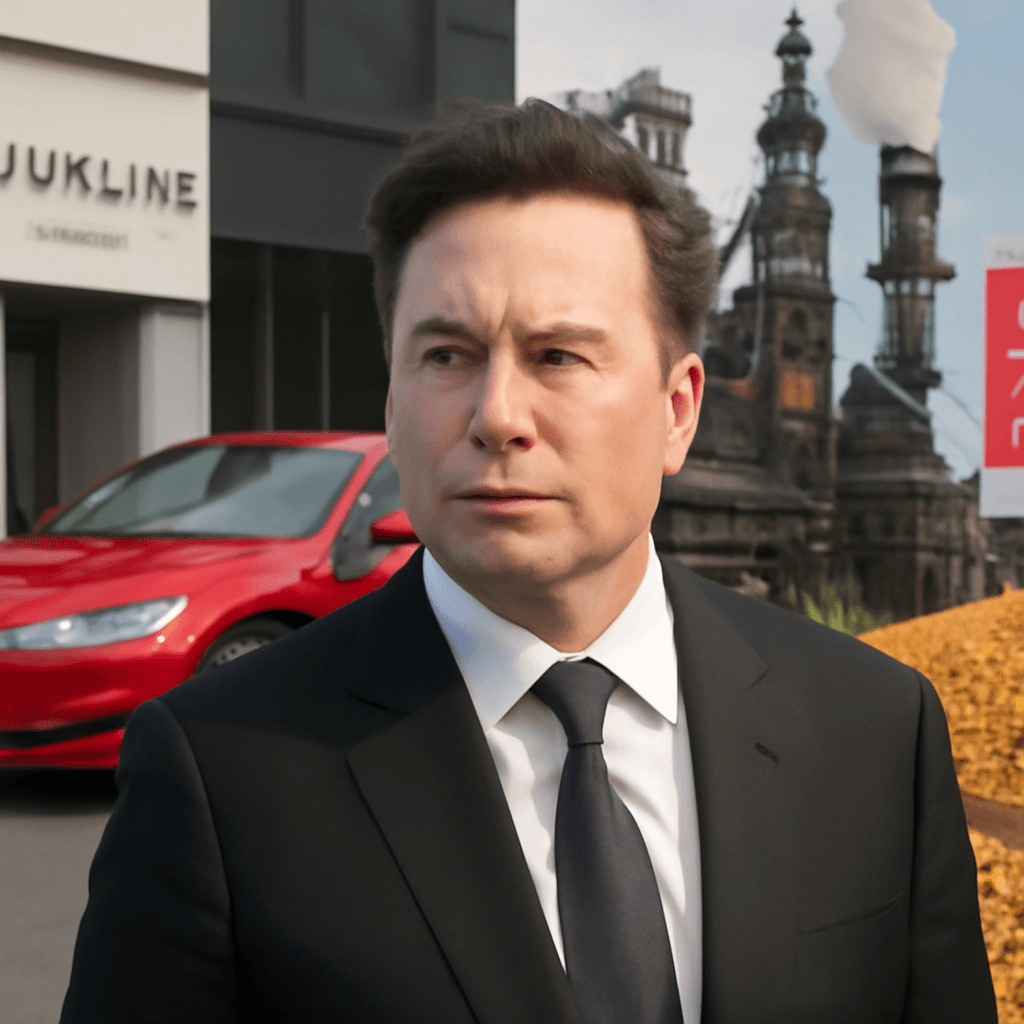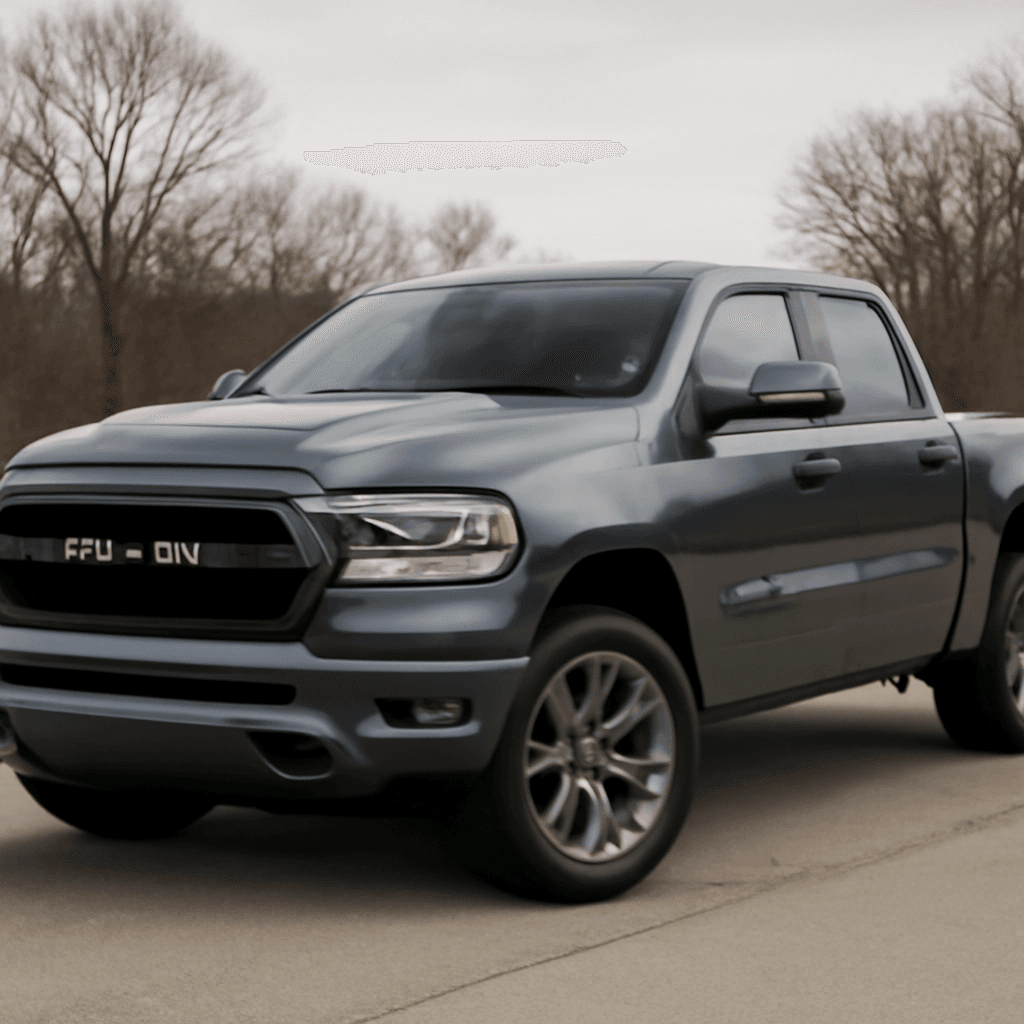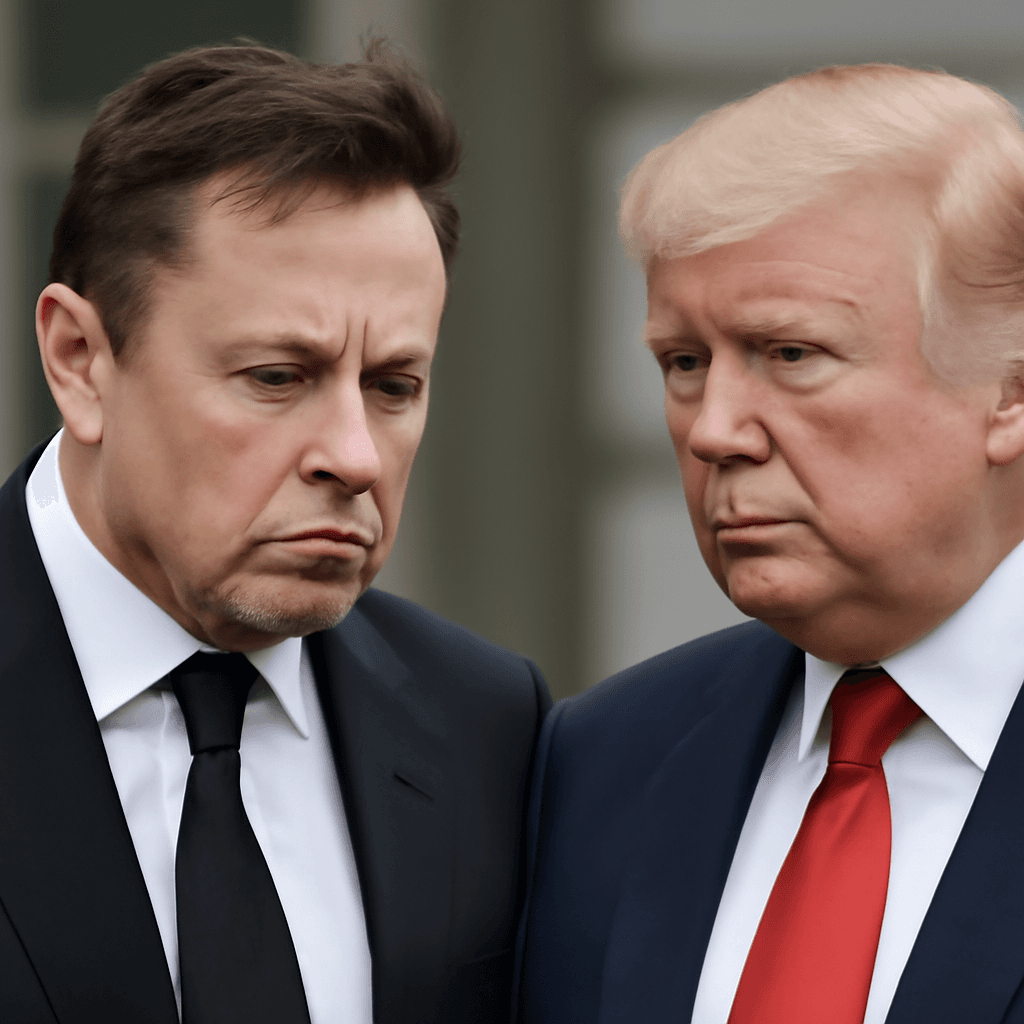China’s Electric Vehicle Market Faces Mounting Financial Pressure Amid Price War
The electric vehicle (EV) landscape in China is currently under intense strain as manufacturers engage in a fierce price war that threatens the stability of the entire industry. Leading the charge is the market giant BYD, whose aggressive discounts have set off alarm bells across the sector.
Price Cuts Drive Profits Down
At a bustling used car market in Beijing, veteran salesman Ma Hui expresses growing unease. "Last year, everyone here was losing money," he explained. "There are simply too many companies flooding the market with new energy vehicles." This avalanche of new models has sparked an intense race to the bottom on pricing, squeezing margins not just for manufacturers, but for dealers and resellers alike.
Highlighting the severity, BYD recently slashed prices on multiple models by as much as 34%. For example, its budget-friendly Seagull mini hatchback now retails around $7,700, down from approximately $10,000. These cuts, intended to capture market share, have triggered widespread unease across the industry.
Industry Leaders Warn of Mounting Risks
Such aggressive pricing has drawn sharp criticism from significant figures within China’s automotive community. Wei Jianjun, chairman of Great Wall Motor, described the situation as "unhealthy," likening it to the country’s stagnant property market and invoking parallels to an "Evergrande-like" crisis brewing in the auto sector. He warned that while the crisis hasn't erupted yet, the conditions are alarming.
China’s leading automotive trade association has also intervened, urging companies to refrain from selling vehicles below production cost. A subtle jab appeared to target BYD specifically, noting that its initial steep discounts precipitated a broader market panic marked by an unbridled "price war." In response, BYD dismissed the remarks as alarmist, reaffirming its commitment to fair competition.
Consequences Ripple Throughout the Market
The intense competition has repercussions extending beyond new car manufacturers. Used car sellers like Ma Hui report the emergence of "zero mileage used cars," vehicles registered and counted as sold without ever being driven, a tactic that artificially boosts sales figures but masks true market health.
Beyond internal industry tensions, there are concerns about consumer behavior. With prices dropping rapidly, many potential buyers are holding off their purchases, wary of further declines amidst a sluggish economy. This hesitation could further exacerbate financial pressures on an already struggling sector.
The Road Ahead: Uncertain and Challenging
The official state media has openly criticized the ongoing price battles, describing them as "disorderly" and highlighting risks of diminished profits throughout the supply chain, including impacts on workers’ incomes. The warning is clear: sustained price undercutting threatens the long-term sustainability of China’s EV market ecosystem.
As the industry grapples with these challenges, the coming months will be critical. Whether manufacturers can strike a balance between competitive pricing and financial health will dictate the trajectory of one of the world’s largest and most dynamic electric vehicle markets.

